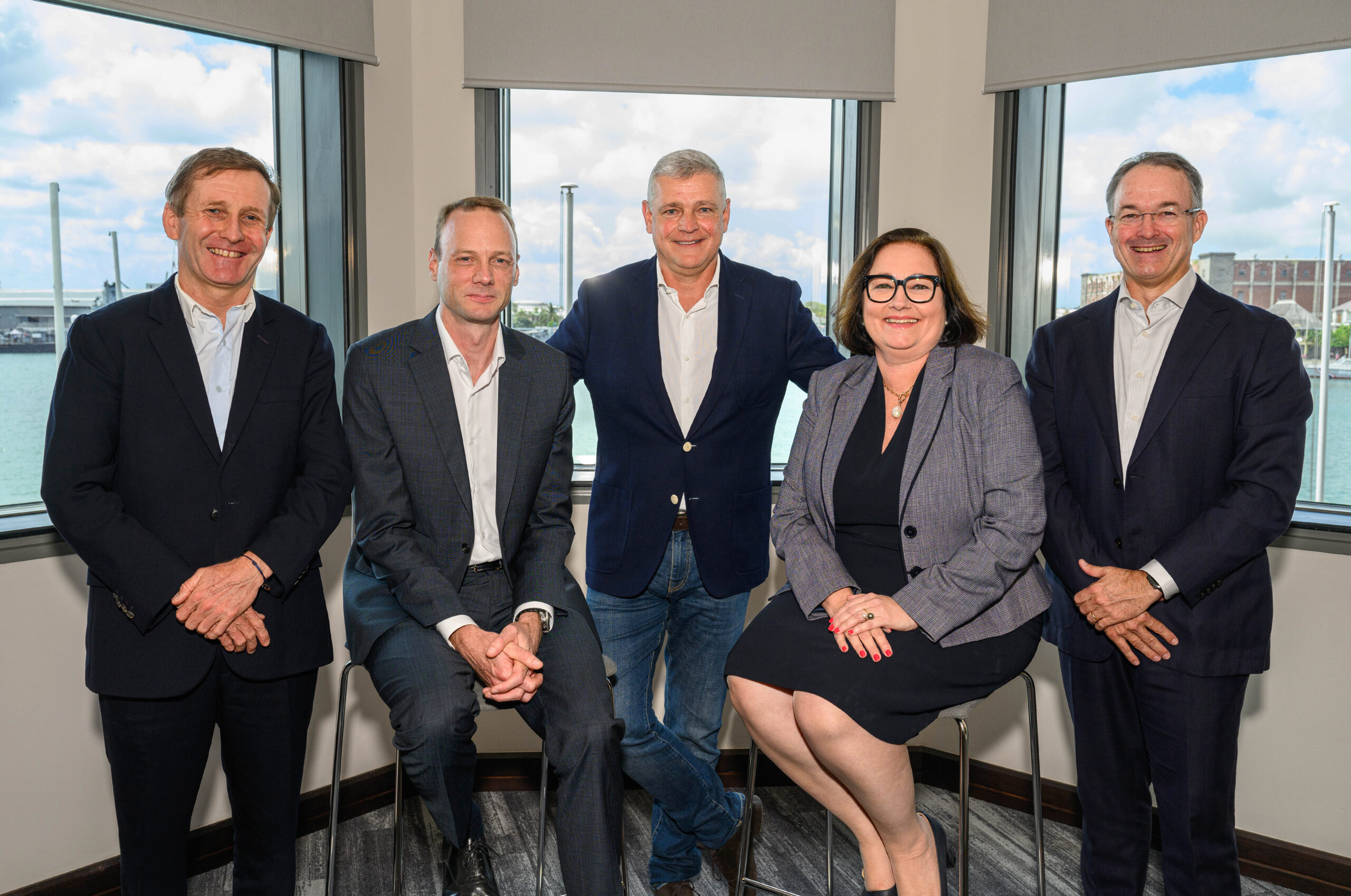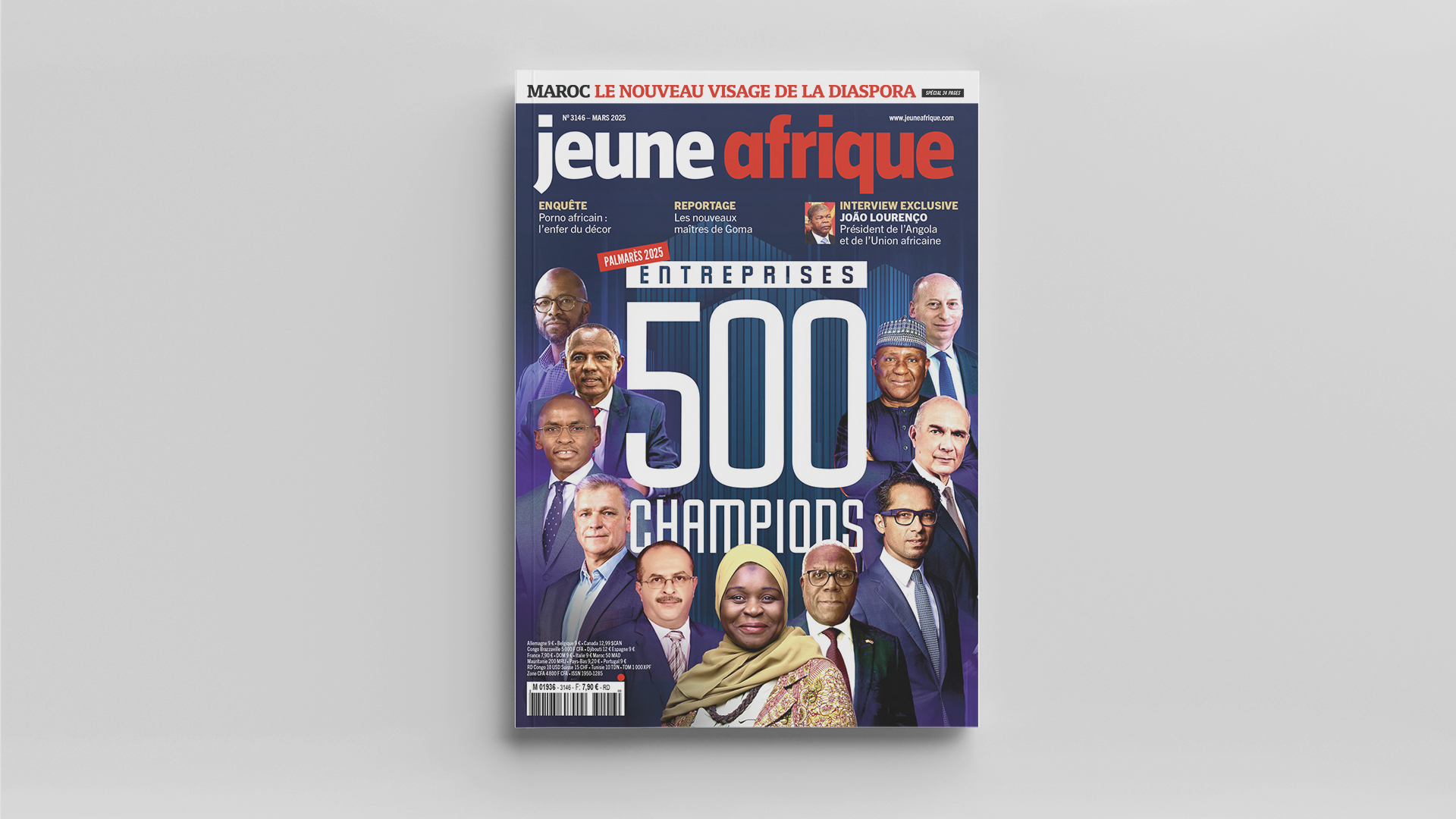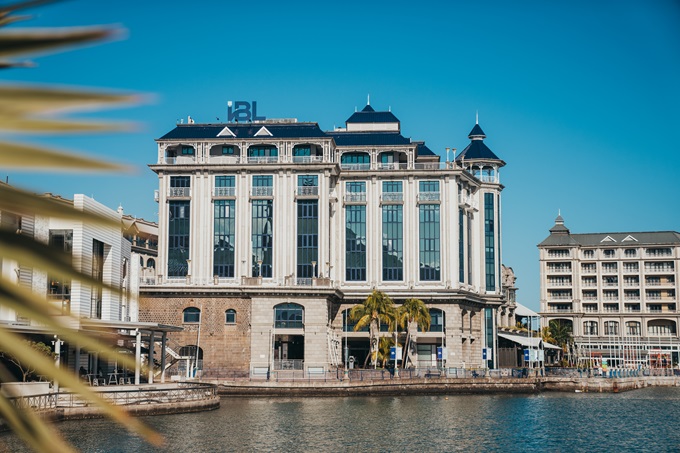IBL announced record-breaking financial results for the year ending June 30, 2024, during its Analyst Meeting held on Monday, September 30, at IBL House. The Group’s revenue exceeded Rs 100 billion for the first time, solidifying its position as a regional economic leader. This financial performance is primarily driven by the consolidation of newly acquired subsidiaries in East Africa and Reunion Island as part of the Group’s Beyond Borders strategy, along with double-digit growth in existing operations.

IBL continues to expand into East Africa and the Indian Ocean. Thanks to its ambitious regionalisation strategy, over 50% of its revenue for the financial year ending June 30, 2024, was generated internationally. This growth was driven by the diversification of the Group’s revenue streams and recent investments in Kenya and Reunion Island within the Commercial & Distribution segment. The Group achieved turnover of Rs 102 billion, up from Rs 52.1 billion in the same period last year. Both EBITDA and operating profit also saw increases, reaching Rs 10.0 billion (a 46% rise) and Rs 5.4 billion (+27%), respectively, with profit after tax at Rs 5.9 billion.
Most IBL clusters reported improved results this year. This performance reflects organic growth, enhanced operational efficiency, and the Group’s focus on innovation and digital transformation. It is also indicative of IBL’s contribution to Mauritius’ sustainable development: IBL Group’s workforce now represents 3.5% of Mauritius’ active population, and the Group paid Rs 6.3 billion in taxes, duties, and levies during the financial year.

Arnaud Lagesse, Group CEO of IBL, commended his teams for their contributions to this financial success: “The Group has made substantial progress under the IBL Beyond Borders strategy. This achievement would not have been possible without the dedication of our team members. I am sincerely grateful for their commitment, which has brought our roadmap to life and led to these historic results.”
IBL also introduced its new Group Chief Financial Officer, Cédrik Le Juge de Segrais, who outlined IBL’s future plans: “In line with our Beyond Borders strategy, our focus is now consolidating the gains from our recent acquisitions in East Africa and Reunion Island to position ourselves as one of the region’s major economic players. We aim to generate over 60% of our revenue internationally by 2030, while maintaining our strong and sustainable contribution to the Mauritian economy.”

Results per sector
Agro & Energy
Alteo improved its profitability, supported by higher sugar prices and increased production. However, its real estate segment contribution decreased due to the cyclical nature of the activity and a decline in the number of villas under construction at Anahita. Miwa Sugar maintained solid profitability, with higher prices in Kenya mitigating the impact of one-off challenges in Tanzania. Meanwhile, IBL Energy continues to make progress towards its strategic goals, achieving key milestones in Mauritius through the CNIS project and in East Africa via Equator Energy.
Building & Engineering
The results of this segment improved due to strong contributions from UBP and the Manser Saxon Group, despite rising personnel costs. UBP made significant progress in its regional expansion strategy with the acquisition of ten companies in Reunion Island, now operating under the Bazalt Réunion brand. CNOI saw a decline in its revenue due to the absence of shipbuilding activities, which are expected to resume in the next financial year.
Commercial & Distribution
This segment saw notable improvement driven by organic growth in existing businesses and the consolidation of recently acquired companies. Naivas and Harley’s in Kenya posted strong performances, while Run Market in Reunion Island continued its recovery trajectory. In Mauritius, Winners’ turnover increased despite a drop in profitability linked to rising personnel costs. While PhoenixBev recorded higher sales volumes, BrandActiv also posted better results thanks to, among other factors, an expanded product range.
Financial Services
Eagle Insurance Limited’s results were adjusted to comply with IFRS 17 standards, which no longer recognize insurance revenues as turnover, and its business saw strong operational growth. DTOS recorded an increase in its turnover due to new client acquisitions and the expansion of its activities in East Africa. City Brokers also noted improved performances thanks to new client acquisitions and better customer retention in its brokerage operations. As for AfrAsia, it recorded better results thanks to increased net interest income and net commission income.
Hospitality & Services
Boosted by the reopening of LUX* Belle Mare, higher occupancy rates at its Mauritian hotels, and increased average room rates in Mauritius, LUX* Island Resorts posted excellent results across its hotels.
Life & Technologies
The segment continues its growth trajectory with new services like Life Viva and Life Nova+, which were extended to Tamarin. Given their early stage, these entities are not yet profitable. CIDP’s revenue and profitability growth help offset some of the associated costs in the rest of the cluster.
Logistics
Logidis improved its performance following tariff adjustments and warehouse usage optimization. The Aviation sub-segment saw an increase in turnover but experienced a drop in profitability due to rising overhead costs. Somatrans recorded a decline in its turnover and profitability due to the drop-in global freight rates.
Property
BlueLife’s hotel operations reported higher occupancy rates, marking a record RevPar (Total Revenue Per Available Room), while the real estate segment benefited from strong sales through its Les Hautes Rives, Halona, Palmea, and Ennea Golf Villas projects.
Seafood
The cluster reported a decline in overall performance. Froid des Mascareignes saw an increase in turnover due to improved performance across several segments, but the company also faced a decline in profitability due to high personnel costs. A reduction in raw material supply also impacted production, leading to a drop in performance at Marine Biotechnology Products, Cervonic, and Marine Biotechnology Products Côte d’Ivoire.
View IBL’s Group Analyst Meeting 2024 Presentation here.




